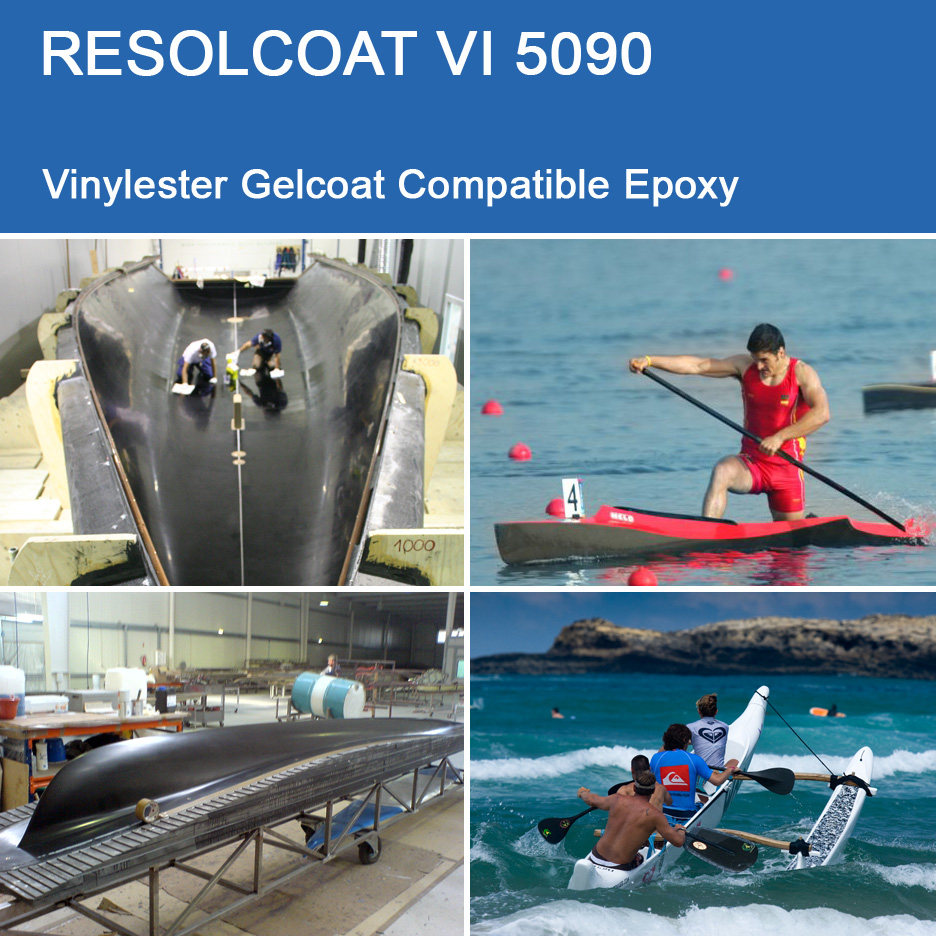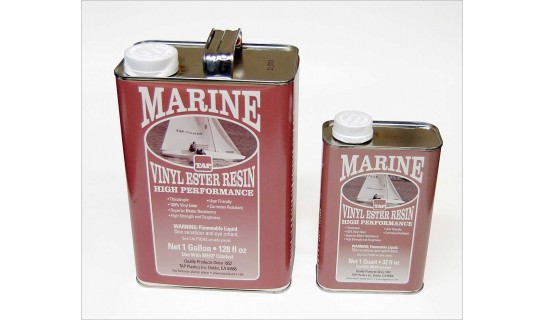Designed to promote adhesion to concrete and metal substrates corobond vinyl ester primers also resists mechanical stresses such as impact tensile and flexural stress.
Vinyl ester coating boat.
It is a highly chemical resistant resin that provides excellent resistance to alkalis acids and a broad range of chemicals.
A two component modified epoxy vinyl ester or vinyl ester novolac based primer.
Prices include mekp hardener.
For any new boat that doesn t utilize one of the blister resistant resins an exception to the rule these days barrier coats are a.
Vinyl esters also use peroxides e g.
Corobond vinyl ester primer.
Its use is limited to the construction of high performance power boats where vinylesters increased bond strength has helped eliminate bonding problems with core materials vinylester resin is also used as a great water barrier when mixed properly with glass.
Vinyl ester resins are produced by the reaction esterification between an epoxy resin and an unsaturated monocarboxylic acid.
Technical characteristics and properties of gelcoat vinyl ester.
A few layers provide the required osmotic protection.
Still barrier coats have remained popular.
Essentially they comprise a base of polyester resin strengthened with epoxy molecules in the backbone of the molecular chain.
Most boatbuilders have embraced vinyl ester or epoxy resin either for the entire hull or as a skin coat.
In terms of physical properties and cost vinylester resin is a compromise between low cost polyesters and epoxy resins.
Ceilcote 242hb flakelineis a glass flake filled vinyl ester high build lining for use on steel and concrete substrates ceilcote 242hb flakelinehas excellent resistance to organic and inorganic acid solutions and many aliphatic solvents.
It is used for steel or concrete tank linings in immersion service.
Vinyl ester flake lining coating pip ve cr 40 flake is a 40 mil catalyzed vinyl ester resin for medium duty protection of steel or concrete substrates.
The coating system can achieve a dry film thickness of up to 1350 microns 54 mils in a single coat.
The reason for this preference is that vinyl ester resins have a higher chemical mechanical and above all thermal resistance.
Vinyl earthenware coating systems are often preferred in the industrial field over alternative systems such as polyester resins.










